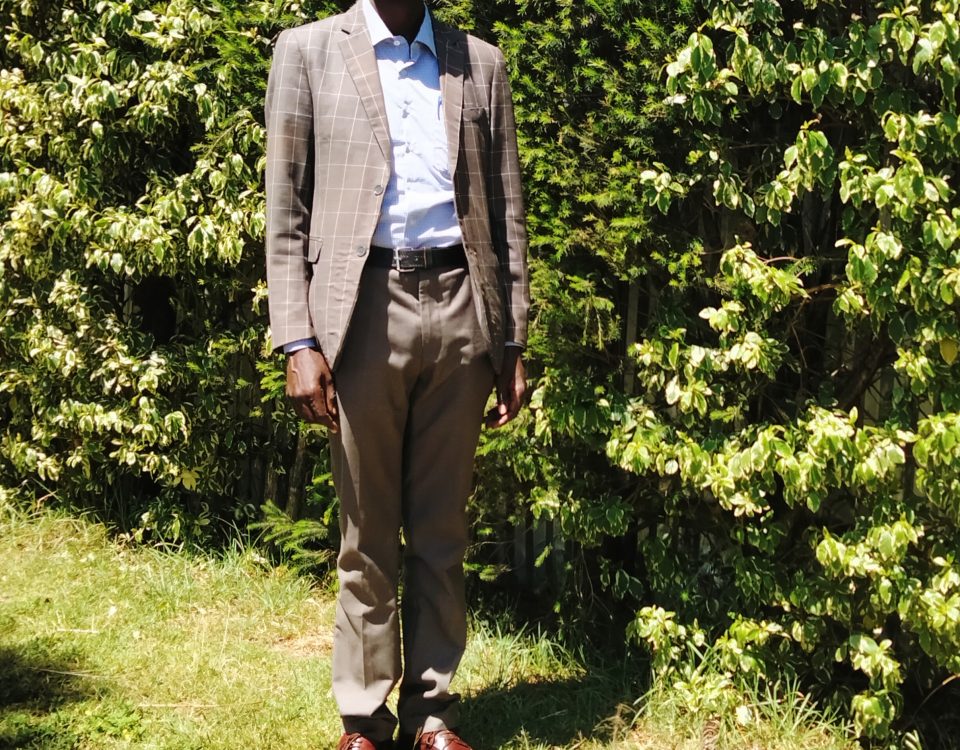A Dismal Olympiad
Abysmal
August 18, 2021Full Steam Behind
August 18, 2021A Dismal Olympiad
By Satish Sekar © Satish Sekar (August 12th 2021)
A Poor Haul
Kenya won four gold medals – the best by an African nation in the 32nd Olympic Games – but all four were on the track. In total, four silver and two bronzeThey were 19th best at the Olympic Games with ten medals However, despite a track designed to produce fast times, no world records were set by Africans. Both 400m Hurdles (Men and Women) produced World Records. All medallists in the Men’s event broke the previous World Record and Olympic. The latter set by the USA’s Kevin Young had lasted almost 30 years. The winner, Norway’s Karsten Warholm became the first man to break the 46 seconds barrier. No African athlete made the final, let alone won a medal.
Zambia’s Samuel Matete, the African record holder is the only Zambian to win a silver medal – nobody has won gold. His Olympic silver medal winning time 47.82 is 1.88 seconds slower than Warholm’s World Record. Matete’s African record 47.10, which he took from Sénégal’s Amadou Dia Bâ after just over three years is 1.16 seconds slower than Warholm’s record. Dia Bâ won the Olympic gold in 1988 – it remains Sénégal’s only medal in the Olympic Games. The gap is immense and not just on the track.
Gaps, Excuses and Solutions
There’s no denying it. The 32nd Olympic Games, despite the fantastic individual performances, have been disastrous for Africa. Kenya topped the medal table for Africa with ten medals, four golds, four silvers and two bronzes. They were 19th overall. By Kenya’s standards this was a very poor return, but why had Africa performed so badly.
The excuses, or at least the COVID-19 one does not wash. Why? It was the same for other nations and competitors, yet they succeeded. Lack of top-notch facilities and opportunities are a better explanation. That creates a gap in performances as athletes cannot train and develop at comparable rates.
Top African talent in various events where Africa cannot provide the natural training facilities – one of the reasons that Kenya and Ethiopia excel at long-distance running – have little option but to go where the facilities are available to develop. And financially, the opportunities are better too.
Exodus
One of the world’s best athletes Sifan Hassan chased an Olympic treble 1500m, 5000m and 10000m. She is the only athlete to win medals at all three events in the same Olympic Games, gold in the 5000 and 10000 and bronze in the 1500, which was the second event. Hassan arrived in the Netherlands in 2008 as a refugee. She was nurtured as an athlete there while studying to become a nurse. She developed into one of the great athletes while there. She runs for the Netherlands not Ethiopia.
Her story tells a sad story. Her prodigious talent was never nurtured or developed in her native Ethiopia. She arrived as a refugee in the Netherlands and was nurtured and developed as an élite athlete there. Does Africa have a right to claim her or her success.
But it can her predecessor as Olympic champion and world record holder, Almaz Ayana. Sadly the Ethiopian who destroyed the previous world record in Rio de Janeiro was not present to defend her title, but her compatriot who broke Hassan’s world record just two days later, Letesenbet Gidey, was in imperious form to break the 10000 record and promise more. Tokyo’s Women’s 10000m told an African story. Ayana was absent, but all three medallists had connections to Ethiopia – only Gidey raced for Ethiopia and finished third. Hassan won gold and silver medal winner, Kalkidan Gezahegne, won Bahrain’s only medal. She was born and bred in Ethiopia. She represented the land of her birth until 2013, but eight years on she runs for Bahrain – another medal Africa nurtured but lost.
Onus
Only 13 African countries won medals – some just one. Ethiopia remains a hotbed of long-distance talent, but it is losing that talent. The political situation in Tigray doesn’t help, but nor does the lack of opportunities signified by the Women’s 10000m.
Hassan left as refugee. Others leave Africa to gain access to better facilities – if they do not how can they develop and compete? The gap between them and élite athletes in other countries will grow and grow until it becomes a gulf.
Can these athletes be blamed? Isn’t the onus on Africa to develop the facilities they need, so they don’t need to travel to train and develop? If not, the gap will either get bigger or they will leave, and some will choose alternative nationalities.
Africa must learn to nurture and develop its own talent and offer incentives – Tatjana Schoenmacher not only won South Africa’s only gold medal but set Africa’s only world record in the recently concluded Olympic Games. She won a silver too – surfer Bianca Buitendag’s silver made up the three medals South Africa won – Wayde van Niekerk’s injury and the reclassification that barred Caster Semanya didn’t help, but still. Schoenmacher or exodus, or mediocrity, is the price it will pay.


